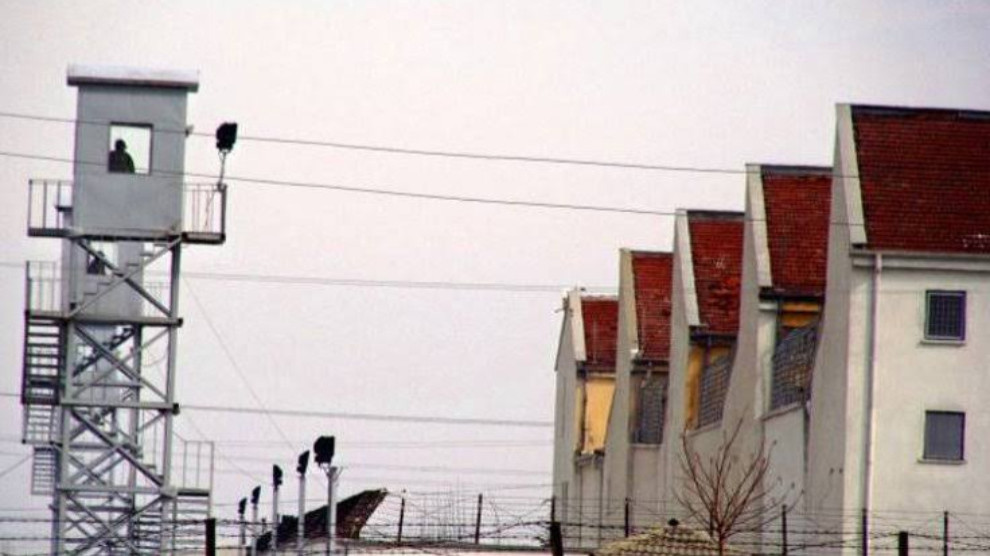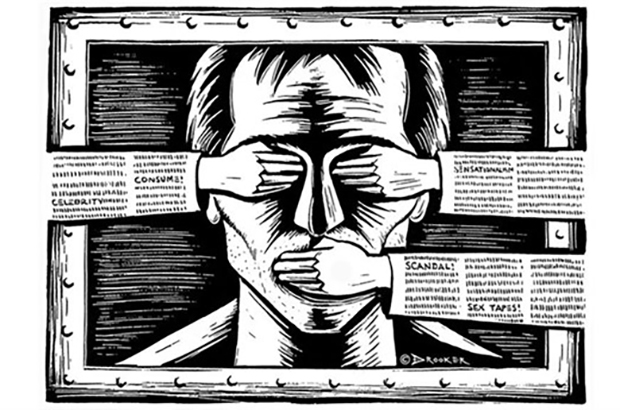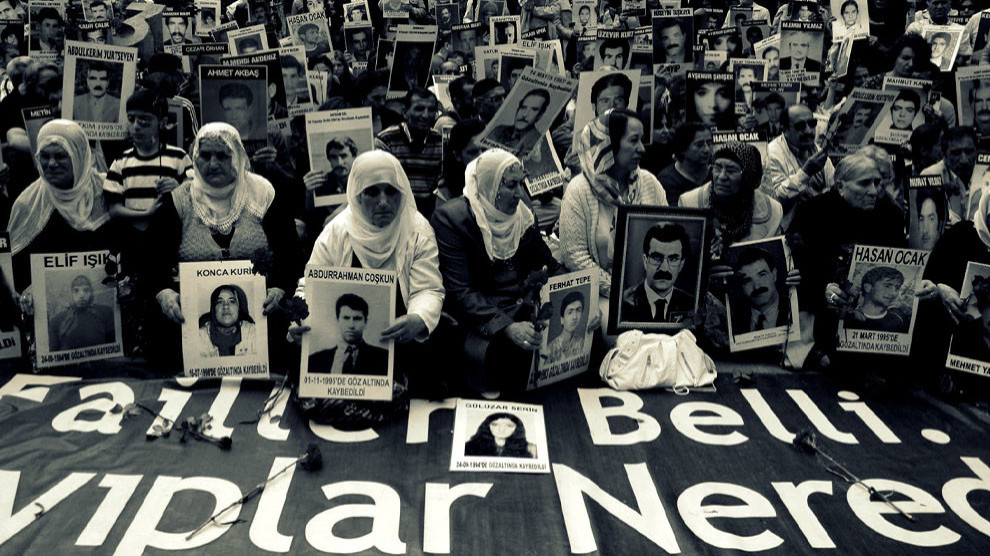
TUHAD-FED co-chair Mehmet Temizyüz said that the government thinks to have closed all the doors and left out social problems. Instead, he added, a strong opposition could open all doors.
Overcrowding, hygiene, nutrition are adding to physical, social and psychological torture in Turkish prisons, said Med TUHAD-FED co-chair Mehmet Temizyüz. “We want to be a solution for ill prisoners on the one hand, while on the other, we strive to provide conditions that will prevent the occurrence of other diseases.”
The number of people held in Turkish prisons exceeds 280,000 thousand while the capacity of all jails is 60,000.
Among the political prisoners, there are 333 heavily sick prisoners among the over 400 in all jails. Regardless of their illness, age, and whether they are in a position to care for themselves, these prisoners, who are not released depite their health problems, are also deprived of their right to access to health and treatment.
Mehmet Temizyüz spoke about the worsening conditions of sick prisoners. Reminding that the subject of sick prisoners is a state policy, Temizyüz said: “We make sure to keep the problem of sick prisoners on the agenda.”
Stating that the issue of sick prisoners concerns the whole society, Temizyüz emphasized that a strong opposition in the society will make the government step back form its current policies regarding sick prisoners.
The Assembly, civil society organisations, Bar Associations and the Turkish Medical Association (TTB) should see this problem as their own problem, Temizyüz said, adding: “We can open all closed doors with a strong opposition. Conditions are difficult for all prisoners, but we have to begin with the heavily sick prisoners. Our priority is to make sure no prisoner dies in jail. At this point, we will meet with all institutions and organizations, including political parties. These include many institutions, like CPT and Amnesty.”
Reminding that the Turkish President has recently pardoned some ‘controversial’ prisoners, Temizyüz added that instead some seriously ill prisoners were not released despite the reports of the Forensic Medicine Institute (ATK).
Temizyüz insisted on the need for a strong opposition within the society and on the need for everyone to make the issue of sick prisoners a priority, because it is an issue that affects families too. Families are defending the rights of their relatives in jail by constantly denouncing the abuses, but are prevented from reaching justice by judges.”


